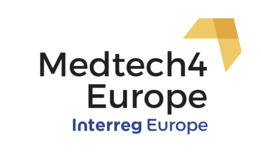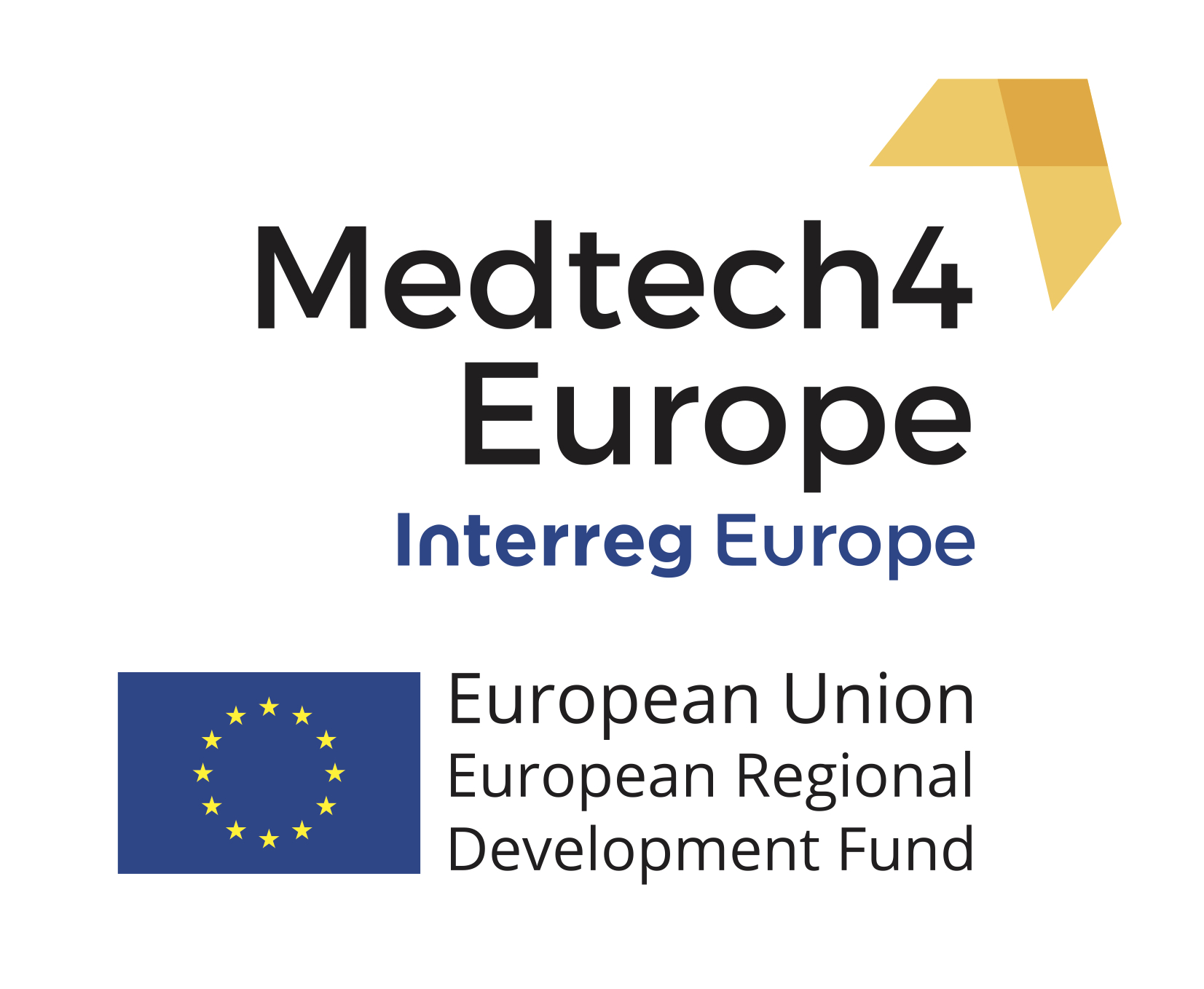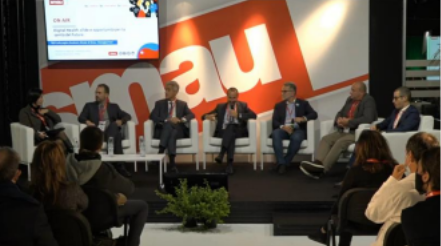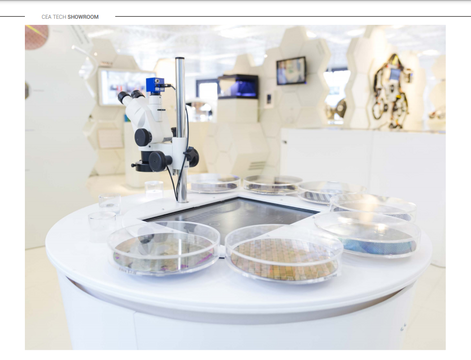What's next in Health smart specializations? – was the navigating question of the third session. Marc Pattinson, General Manager at inno TSD and ReConfirm S3 Partnership Broker ignited the discussion with his presentation on utilising the Interreg Europe Policy Learning Platform. He mentioned that as numerous regions included health in their S3 policies, right now they should work on targeted sector segments with regional differentiation and connect to other European regional value chains. Marc Pattinson recommended to use clusters and development agencies as facilitators and accelerators of change for SMEs.

The health sector futures, regarding to technology, were afterwards discussed by prof. Zbigniew Nawrat representing The International Society for Medical Robotics and prof. Konrad Karcz, surgeon at Ludwig Maximilian University Clinic in Munich. Zbigniew Nawrat referred to his experience with RTD programmes concerning the artificial heart, many biotechnological inventions and – first of all – medical robots, including his invention: Robin Heart – the surgical robot.

Konrad Karcz continued by focusing on machine learning, augmented virtual reality, speech recognition systems and autonomous control systems, all already having their place in medicine. He offered interesting insights into what is going on in technologically advanced hospitals across the world. Both discussants seemed to be even more than sure that ICT is the key driving force of changes in today’s treatment patterns.

For this reason, the panellists of the ICT session were challenged with a question about relevancy of labelling ICT a smart specialisation. As long as ICT is considered to be ‘everywhere’ as a horizontal element of RTD, maybe regions should refrain from this kind of focus? Mariusz Stachnik leading the Mazovia ICT Cluster was close to agree. He stressed that this industry is about very different applications with a whole range of possible partners and customers. Moreover it is very much business oriented. The closeness to market makes all policies just an addendum to what would anyway happen in economy. On the other hand his discussant Jarosław Parzuchowski, CEO of the Interizon Cluster, pinpointed the important role of clustering and S3 policy in Pomerania region (Poland). He mentioned that the current situation shows that not all ICT businesses are ‘natural winners’ of COVID reality, because several value chains have been broken. For this reason sound networking, also policy-catalysed, should be considered relevant to overcome temporary problems and launch new development projects.
Last but not least, the final session of the day was devoted to ‘What's next in energy and sustainable buildings?’ Food for thoughts was delivered by Joaquín Villar Rodríguez (Head of Internationalisation and Prospective Department of the Andalusian Energy Agency) who presented the idea of the S3 Partnership on Sustainable Buildings Partnership. Building on that, he also showcased two interregional projects: Smart Campus and BUILD2LC. Szymon Liszka, the president of the Polish Foundation for Energy Efficiency, followed by explaining the growing role of buildings as parts of energy systems. They produce, consume and even steal energy – stressed the speaker. Szymon Firląg, representing the Buildings Performance Institute Europe, called for not neglecting the existing buildings while thinking of the sustainable building concept. The general issue of standards related to energy performance in buildings was raised by an architect Jerzy Wójcik (JW+A). According to the panellist the architects are keen on meeting the demand of designing sustainable buildings but on the other hand they face challenge of no clear, common definition – technical specification. One thing, anyway, is for sure – technology will progress.
The whole event was chaired by Marcin Baron (University of Economics in Katowice) who invited all participants to revisit the SMART_watch website for future networking opportunities and wished everybody good luck in S3 programming and implementation.






